- Macro Strategist
Skip to main content
- Funds
- Insights
- Capabilities
- About Us
- My Account
United States, Institutional
Changechevron_rightThank you for your registration
You will shortly receive an email with your unique link to our preference center.
The views expressed are those of the author at the time of writing. Other teams may hold different views and make different investment decisions. The value of your investment may become worth more or less than at the time of original investment. While any third-party data used is considered reliable, its accuracy is not guaranteed. For professional, institutional, or accredited investors only.
My initial assessment of the sweeping tariffs the US presidential administration announced on 2 April is that they appear to be genuinely groundbreaking with potentially far-reaching consequences for financial risk assets, but I want to start by emphasising again how much could change. The extent of the US trading partners’ countermeasures — at time of writing, China has already announced a 34% tariff on all US imports — and the US administration’s tolerance levels for negative blowback in particular could alter the trajectory over the near and longer term. However, what we know is that the outlook is bad for growth, from both a US and global perspective, and markets have reacted accordingly. We see a clear risk-off move, with equities going down and bond rallying. However, what is interesting is that the US dollar is not benefiting from its traditional safe-haven status and rather than rallying, as you would expect, it is doing the opposite by falling against most currencies.
This could be a tentative sign that global investors may be reconsidering how they view the US. After all, why are so many of the world’s assets parked there? In my view, it is because the world’s largest economy offered growth, return and liquidity but also safety and credibility. Tariffs don't only hit growth in the short term; they also change how international investors think about what the US has to offer. How the US Federal Reserve (Fed) responds could be a critical part of this changing investor perception. I think that tariffs are putting the Fed in a difficult position. The growth shock may put pressure on policymakers to cut rates aggressively but that may raise demand and, with it, the impact of tariffs on prices, which would push up inflation.
From a global investor’s perspective, this would imply that the US no longer offers the same protection against rising inflation. If the Fed keeps rates elevated to combat above-target inflation, it will face increased political pressure that could undermine its credibility, which again is a negative for investors. If investors conclude the US is henceforth likely to offer less growth, less return and less safety, we could see a structural reversal of capital flows to the detriment of the US, which would also translate into a significantly lower dollar and a higher risk premium. Much could change — it is not inconceivable, for instance, that President Trump could end up unwinding many of these tariffs — but at the same time, it is hard to negate the sense of rupture. In my opinion, there is a real possibility that we may have witnessed the shotgun start for capital flowing out of the US.
The market reaction to date also suggests a historic shift in its perception of Europe and the euro area, in particular. Hitherto, in the event of a global shock, Europe always tended to be the weak spot, with recurring doubts about credit sustainability forcing the euro area into fiscal tightening. To date, we have not seen a repeat of that scenario. Instead, what we're seeing is a stronger euro and tight sovereign spreads. Investors appear to view Europe in a fundamentally different light since Germany agreed to a structural fiscal loosening. This means that Europe may finally be able to reposition policy pre-emptively and adopt a more pro-growth stance. I think this is an important development for investors to watch, especially if it were to coincide with a return of European investors’ capital from the US.
Expert

Housing affordability directives not a silver bullet
Continue readingJapan biopharma: A global sector priced as domestic
Continue readingMultiple authors
Warsh as Fed chair: Something for everyone
Continue readingJPY intervention: what makes it so important this time?
Continue readingMultiple authors
2026 Insurance Outlook: Cautious optimism and a second bite at the apple
Continue readingThe soft underbelly of US foreign policy
Continue readingURL References
Related Insights
Get our latest market insights straight to your inbox.
Thank you for your registration
You will shortly receive an email with your unique link to our preference center

Housing affordability directives not a silver bullet
Our Fixed Income Portfolio Managers profile housing affordability directives, examining their modest effects on mortgage rates and institutional buying restrictions.

Japan biopharma: A global sector priced as domestic
Our biopharma experts discuss the global earnings potential of Japanese companies and highlight the need for a global investment lens.
Multiple authors
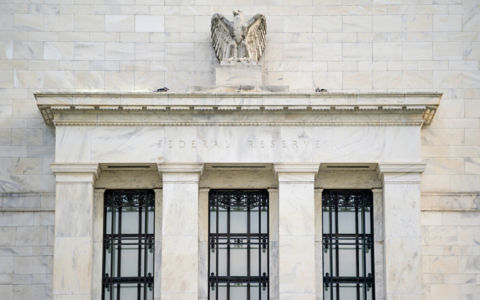
Warsh as Fed chair: Something for everyone
Macro Strategist Juhi Dhawan shares five key takeaways on Kevin Warsh, President Trump’s nominee to be the next Fed chair, including thoughts on interest rates, deregulation, and the market impact.
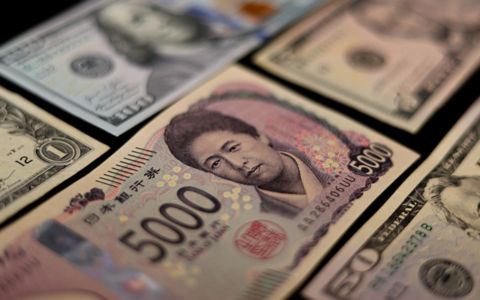
JPY intervention: what makes it so important this time?
Fixed Income Portfolio Managers Sam Hogg and Ed Meyi and Investment Director Takashi Nakao explore what’s different about the unconfirmed but likely JPY intervention and why it matters for global investors.
Multiple authors

2026 Insurance Outlook: Cautious optimism and a second bite at the apple
Members of our Insurance team share their economic expectations, investment ideas, and a regulatory roundup for the year ahead.

Quarterly Market Review — 4Q2025
A monthly update on equity, fixed income, currency, and commodity markets.

The soft underbelly of US foreign policy
Our experts discuss the US-EU financial dynamics amid Greenland tensions and analyze US foreign policy's vulnerabilities.
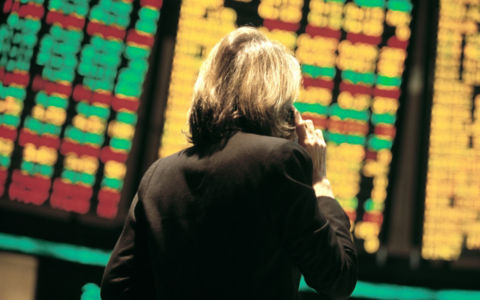
The spending bubble driving corporate profits looks set to burst
US corporate profits have been fueled by government deficits, low rates, and consumption — drivers now at risk, raising questions about the sustainability of market valuations.
By
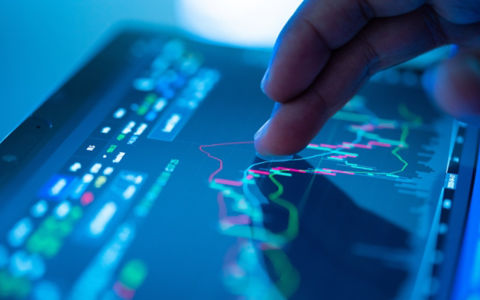
Oil: The real influencer in the Venezuela intervention
Multi-asset Strategist Nanette Abuhoff Jacobson details the role of oil in the recent events in Venezuela and shares the investment implications.

Geopolitics in 2026: Risks and opportunities we’re watching
Geopolitical Strategist Thomas Mucha shares his outlook, highlighting conflicts to watch, the importance of national security, and investment opportunities.
By
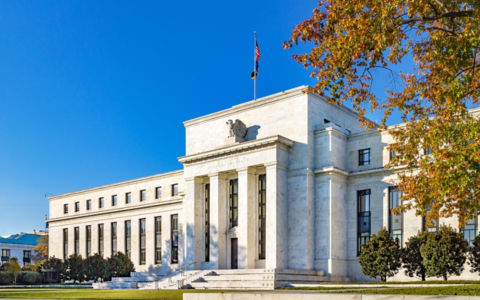
FOMC: Easing into uncertainty
Fixed Income Portfolio Manager Jeremy Forster profiles the Fed's December rate cut, labor market trends, inflation pressures, and the role of anticipated changes to FOMC leaders in 2026.
URL References
Related Insights
© Copyright 2026 Wellington Management Company LLP. All rights reserved. WELLINGTON MANAGEMENT ® is a registered service mark of Wellington Group Holdings LLP. For institutional or professional investors only.
Enjoying this content?
Get similar insights delivered straight to your inbox. Simply choose what you’re interested in and we’ll bring you our best research and market perspectives.
Thank you for joining our email preference center.
You’ll soon receive an email with a link to access and update your preferences.
Quarterly Market Review — 4Q2025
Continue readingBy